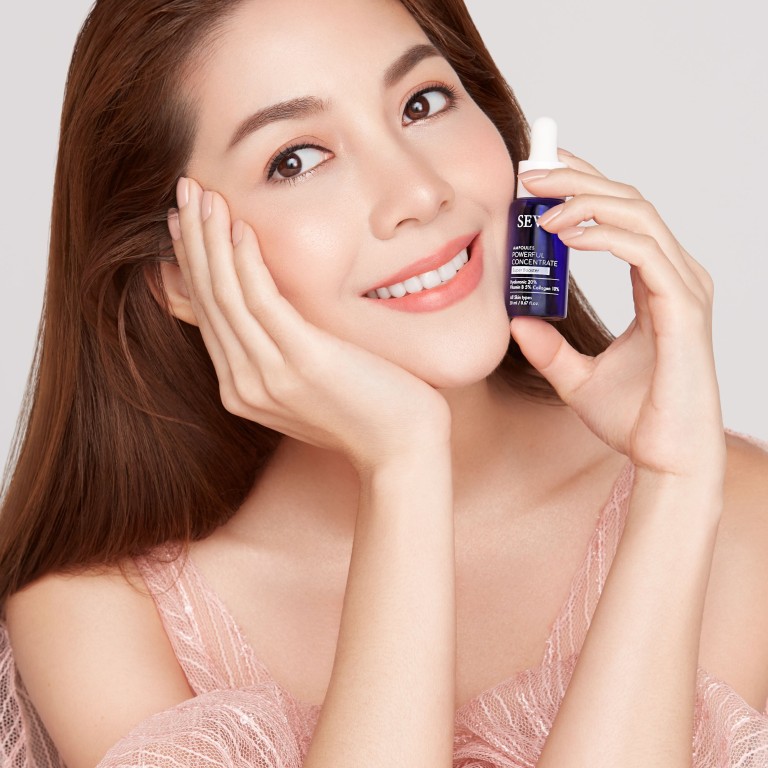
Can Thai skincare brands ever compete with Korean, Japanese beauty or global names like L’Oreal and Estée Lauder?
- In spite of a thriving wellness sector, Thailand’s skincare market is dominated by foreign companies, while few of its home-grown brands are exported
- A Thai actress is hoping to shake things up with her skincare brand that combines South Korean ingredients such as red ginseng with Thai beauty principles
If you have ever travelled to Thailand, you know how pervasive the beauty industry is in the country.
Billboard ads for whitening creams, sunscreen lotions and snail masks are everywhere in cities like Bangkok, where department stores and pharmacies sell a wide variety of products catering to the locals’ obsession with skincare.
According to market researcher Euromonitor, the retail value of the skincare category in Thailand, Southeast Asia’s second largest economy, was US$2.65 billion in 2020. That number does not include make-up and personal care products.
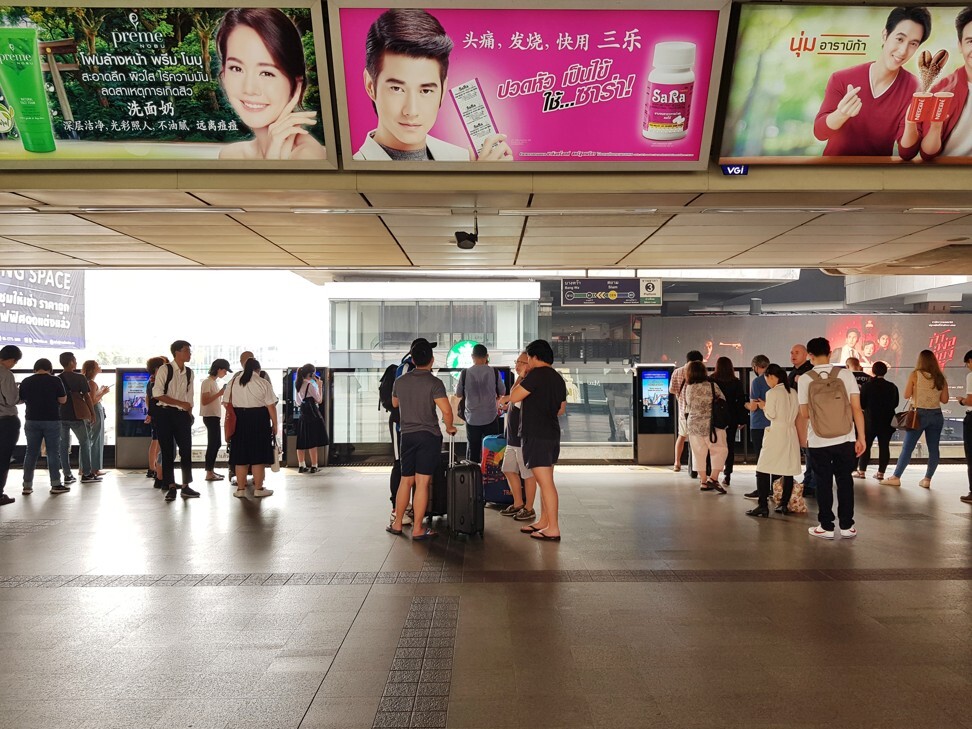
Virithipa Pakdeeprasong, a Thai actress better known by her nickname Woonsen, is aiming to redefine Thai beauty and plans to bring it to the rest of the world with her skincare brand, Sewa.
5 YouTube skincare influencers who’ll help you get that healthy glow
“I’ve always been interested in beauty and I have been a judge of beauty products for Marie Claire magazine,” says Woonsen on a video call. “They would send, like, 1,000 products and I would test them for three months. I got to try a lot and I learned what works and what doesn’t, and what Thai women want.”
While Sewa is ostensibly a Thai brand, there’s a catch. The company makes its products in South Korea, where Woonsen is able to source the best ginseng – a core ingredient in her product lines, which have since expanded to include other formulations.
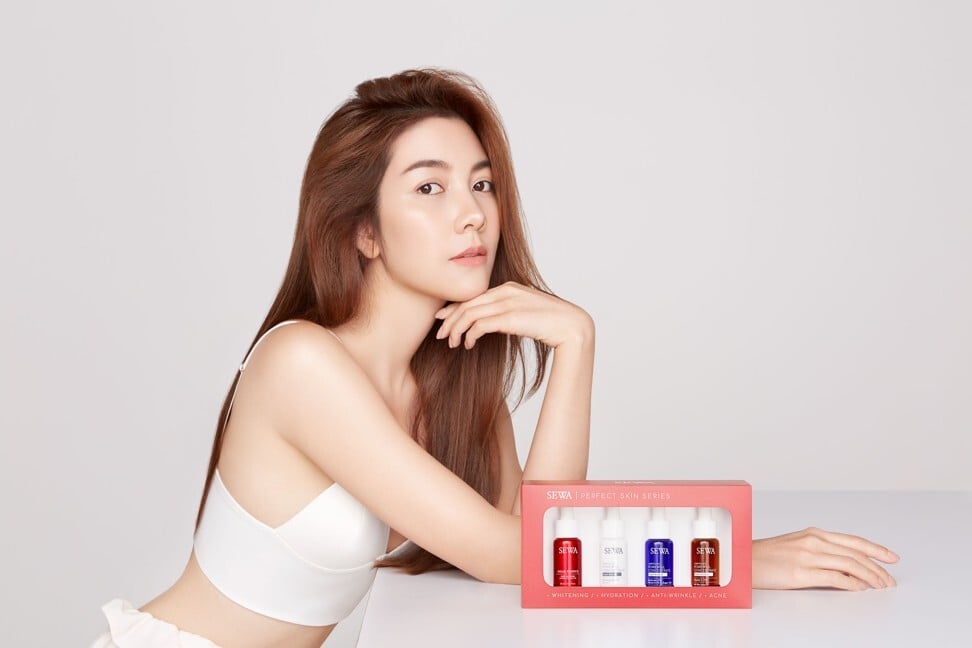
“My initial concept was to use ginseng because it’s one of the best ingredients, not just to ingest but also for your skin. When you take ginseng you feel strong,” says Woonsen. “Thai people associate beauty with K-beauty and products that are made in the West, like Switzerland or France – or Korea if it’s Asia – so it helps with credibility and standards to produce in South Korea.”
Defining what makes Sewa stand out from the countless other skincare labels that are available in Thailand, however, is no easy task – especially in a crowded sector like beauty.
“We aspire to be like L’Oreal one day,” says Woonsen, who emphasises the affordability of her products when compared to those from brands like South Korea’s Sulwhasoo. “For me, it’s very important to keep it accessible because the brand is young. The only way for us to compete with L’Oreal and Sulwhasoo is quality and price. Thailand has so many brands but often the marketing doesn’t reflect the quality. For me, quality and marketing go together, and that’s why I use myself to promote it.”
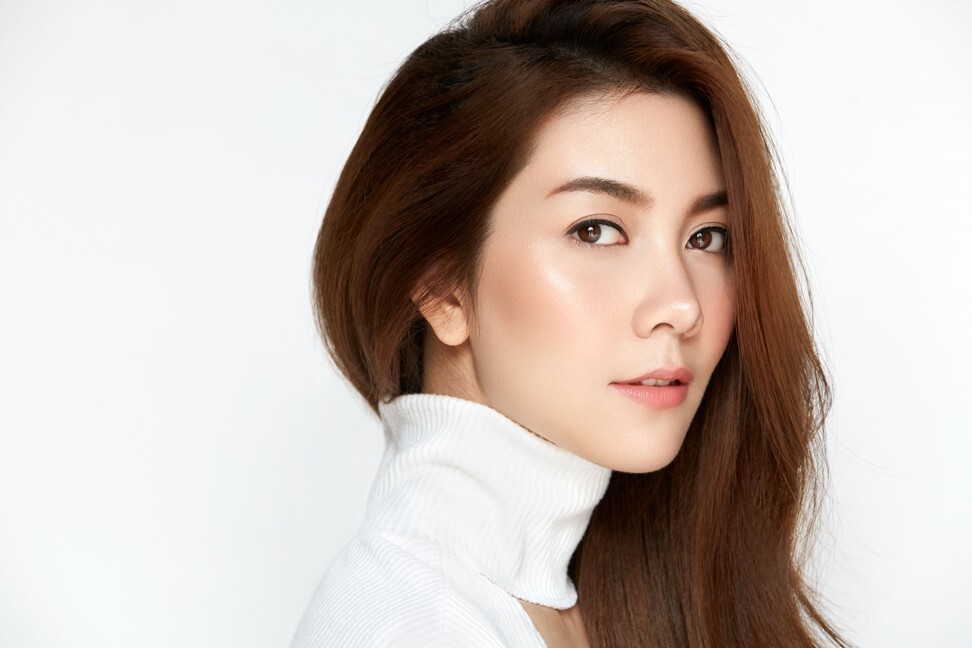
Woonsen self-funded Sewa with a business partner and believes that, as a prominent celebrity in her home country, she has a lot at stake.
“I use myself and my reputation of 20 years to talk about the brand, so I have to make a quality brand as opposed to other brands that just hire an ambassador who doesn’t even use the products,” she says. “I actually send it to people and my ambassadors, and ask them to use it. My credibility is at stake and it’s the same with my fans. It’s really a direct-to-consumer approach.”
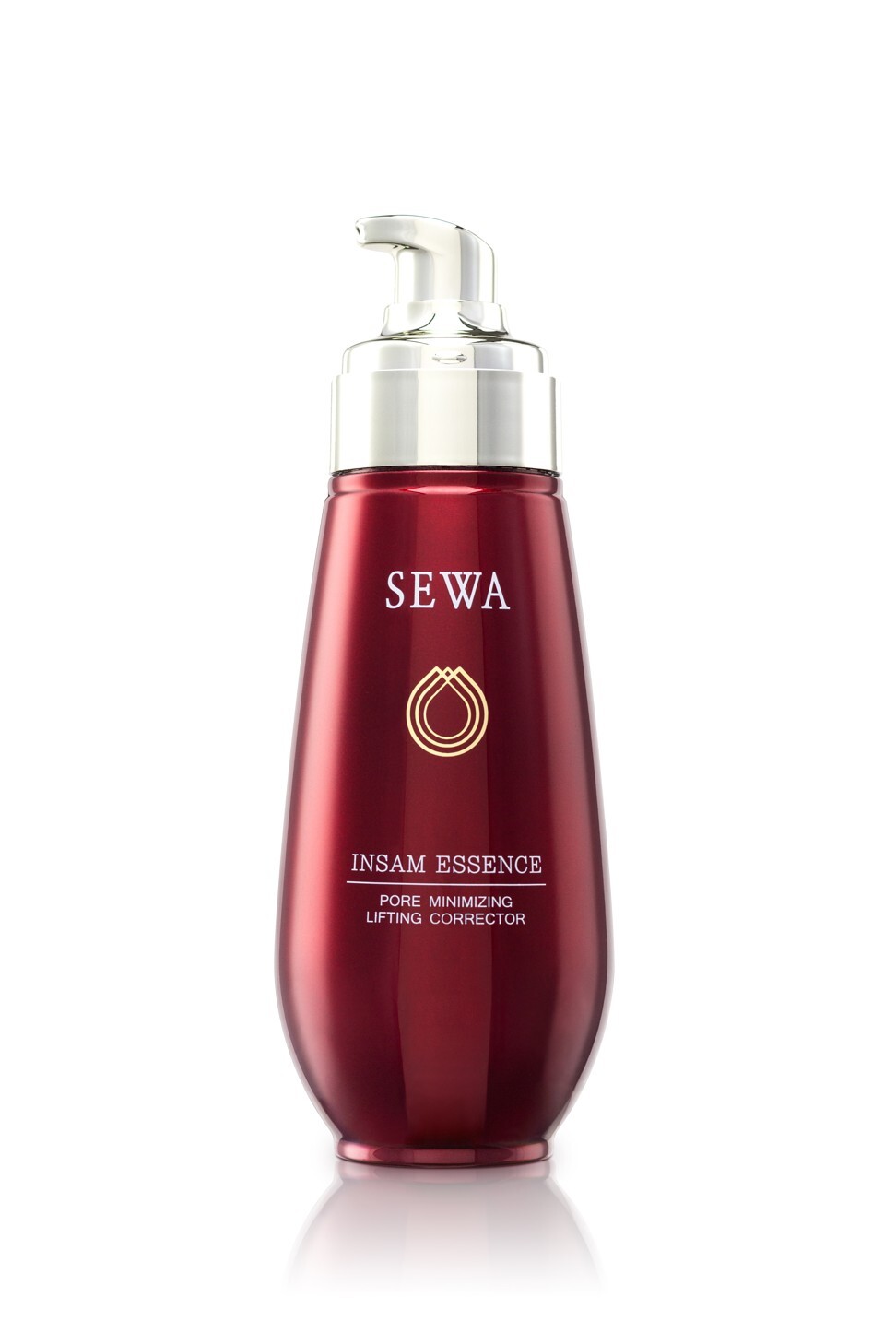
While Sewa caters to a range of needs, Woonsen explains that her products mainly target four issues: ageing, moisturising, reducing freckles and minimising pores, which she says are what Thai women want from their skincare.
“In the past, people associated Thai beauty with whitening and white skin,” she says. “We were influenced by the media – if you’re fairer, you’re prettier – but now it’s more about the quality of your skin, the idea of whitening as in brightening. Every woman wants to have bright and flawless skin.”
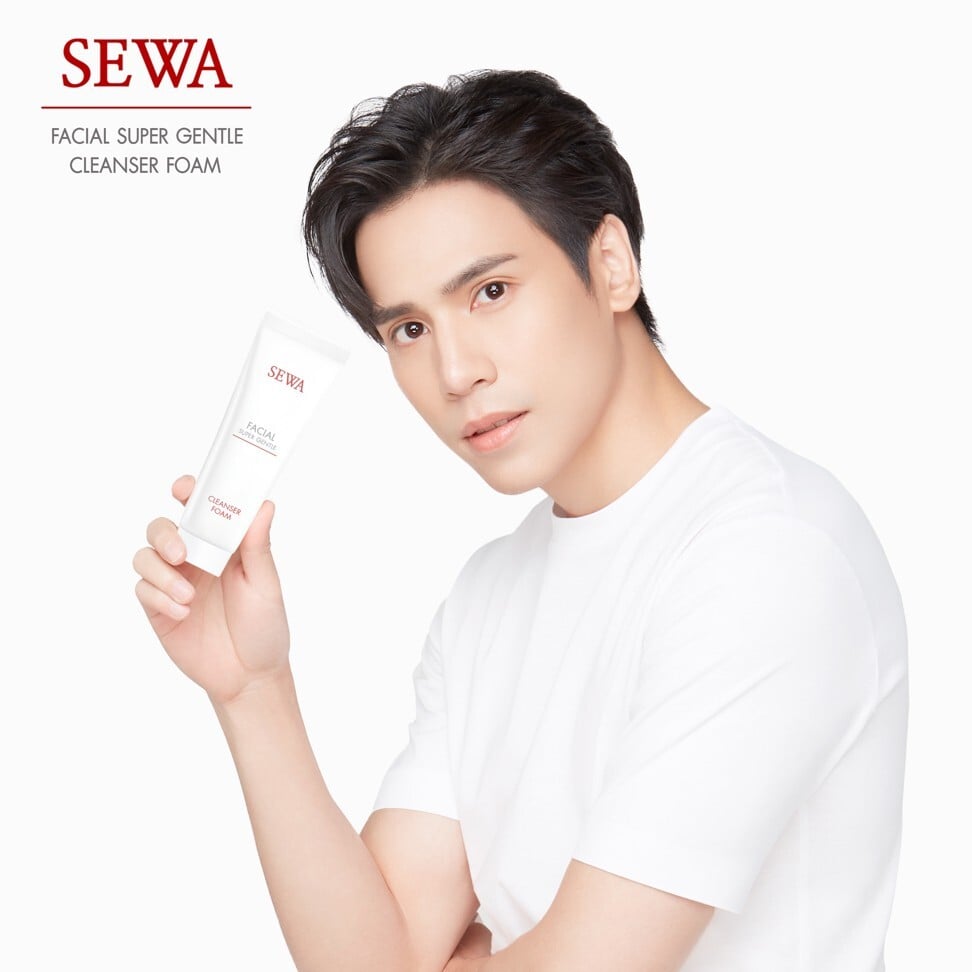
Thailand is also one of the top markets for plastic surgery, which Woonsen says has boomed in the last two decades. “Back in the day, it was almost taboo, you did it but didn’t talk about it. Now people start doing it younger and younger, like when they’re 17, which I think is quite fast,” she says. “Kids do it, and some transgender [people] start their transition when they’re teenagers. You also have social media, K-beauty and K-dramas, and young people want to attain that look through plastic surgery.”
Woonsen has grand ambitions for Sewa, which is still in its early stages of growth and dwarfed in size by the superbrands dominating the Thai market.
Her focus on combining South Korean ingredients such as red ginseng with Thai beauty principles makes for a unique formula that could easily resonate in countries such as China, where she is planning to expand next. But as her experience as a founder shows, building a brand that resonates globally is no easy feat, even coming from a beauty-obsessed culture such as Thailand.

